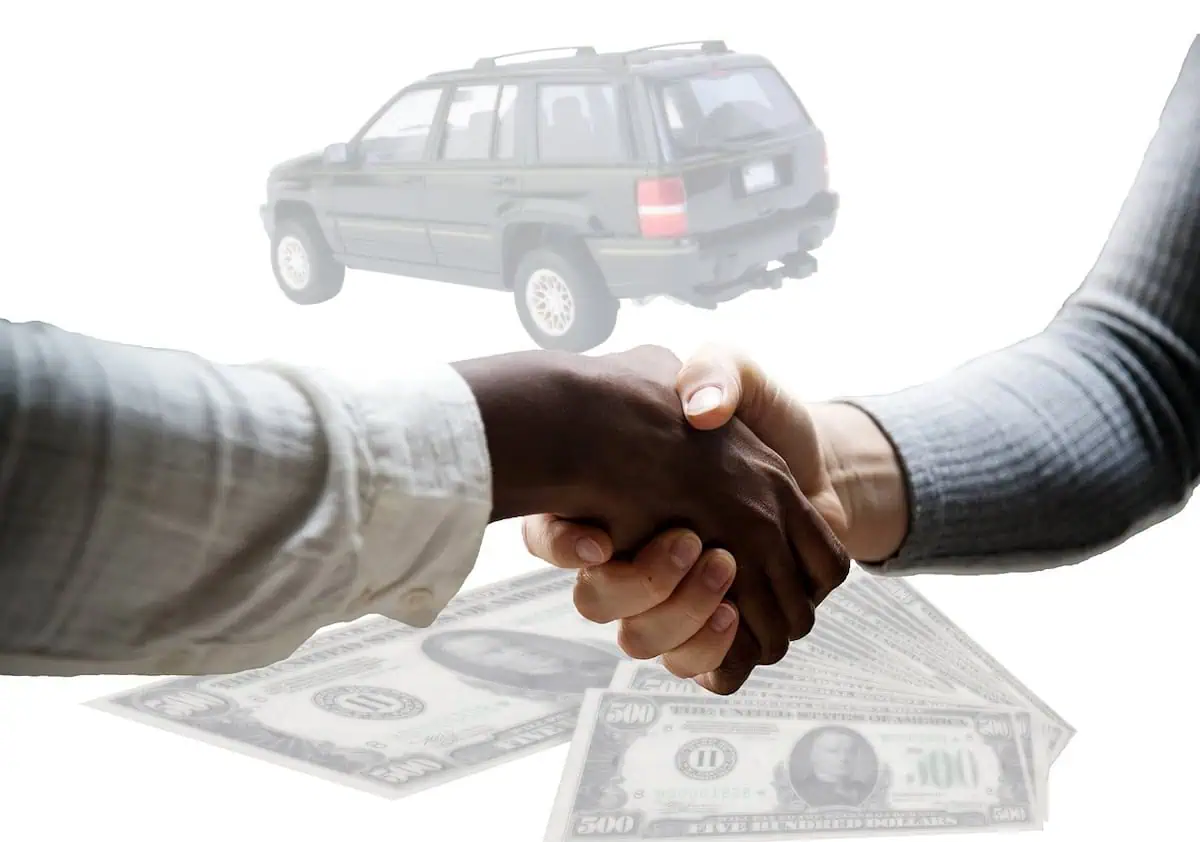In today’s ever-evolving automotive landscape, the allure of brand-new vehicles often overshadows the remarkable advantages of their pre-owned counterparts. While the shiny gleam of a new car may be enticing, the savvy consumer understands that buying used cars offers a plethora of benefits that go beyond initial cost savings.
From financial advantages to environmental considerations, the case for opting for a used vehicle is compelling and multifaceted.
1. Cost Savings
One of the most obvious benefits of purchasing a used car is the significant cost savings compared to buying new. New vehicles experience rapid depreciation the moment they leave the dealership lot, losing a considerable portion of their value within the first few years.
This depreciation curve levels off significantly as the vehicle ages, meaning that used cars can offer exceptional value for budget-conscious buyers. With a lower initial purchase price and potentially lower insurance premiums, buying used cars can lead to substantial long-term savings.
2. Depreciation Mitigation
As mentioned, depreciation is a harsh reality for new car owners. However, when buying used cars, the bulk of this depreciation has already occurred. This means that pre-owned vehicles tend to maintain their value more steadily over time, resulting in less financial loss for the owner.
Additionally, some used cars may even appreciate in value over the years, particularly if they are well-maintained classics or in-demand models.
3. Variety and Selection
The used car market is incredibly diverse, offering a wide range of makes, models, and trim levels to suit every preference and budget. Whether you’re searching for a reliable commuter car, a spacious family SUV, or a sporty convertible, the options are virtually endless in the realm of used vehicles.
Unlike with new cars, where availability may be limited to current model years and specific configurations, buying used opens up a world of possibilities, allowing you to find the perfect vehicle to meet your needs.
4. Lower Insurance Costs
Insurance premiums for used cars are typically lower than those for new vehicles. This is because the cost to replace or repair a used car in the event of an accident is generally lower due to its decreased market value.
Additionally, older cars may not require the same level of comprehensive coverage as newer models, further reducing insurance expenses. For budget-conscious drivers, these savings can make a significant difference in the overall cost of vehicle ownership.
5. Reduced Registration Fees
In many regions, the cost of registering a vehicle is based on its purchase price and/or its age. Since used cars have already experienced significant depreciation, their registration fees are often lower than those for new cars.
This can result in substantial savings, particularly in areas with high registration fees or annual taxes based on vehicle value.
6. Environmental Considerations
Opting for a used car can also be a more environmentally friendly choice. Manufacturing a new vehicle consumes substantial resources and energy, contributing to carbon emissions and environmental degradation.
By purchasing a used car, you’re effectively extending its lifespan and reducing the demand for new vehicles, which helps conserve resources and reduce overall environmental impact.
Additionally, older cars may have already undergone emissions testing and are subject to less stringent environmental regulations, making them a greener option in some cases.
7. Reliability and Longevity
Contrary to common misconceptions, many used cars are incredibly reliable and can provide years of dependable service when properly maintained. Modern vehicles are built to higher standards than ever before, with advanced engineering and technology ensuring durability and longevity. A
dditionally, buying a used car with a proven track record of reliability and good maintenance history can offer peace of mind and confidence in your purchase. With routine maintenance and timely repairs, a well-chosen used car can easily outlast its warranty period and continue to provide reliable transportation for years to come.
8. Lower Financing Costs
Financing a used car often comes with lower interest rates and monthly payments compared to financing a new vehicle. Since used cars have a lower purchase price, the loan amount is typically smaller, resulting in reduced borrowing costs.
Additionally, some lenders offer special financing incentives for used car buyers, further sweetening the deal. By taking advantage of these lower financing costs, you can enjoy the benefits of vehicle ownership without breaking the bank.
In conclusion, the benefits of buying used cars are undeniable. From substantial cost savings and depreciation mitigation to environmental considerations and a wide variety of options, choosing a pre-owned vehicle offers numerous advantages for discerning consumers.
Whether you’re a budget-conscious buyer looking to maximize value or an environmentally conscious individual seeking to reduce your carbon footprint, buying used cars provides a compelling solution.
So, the next time you’re in the market for a vehicle, consider the many benefits that the used car market has to offer.

